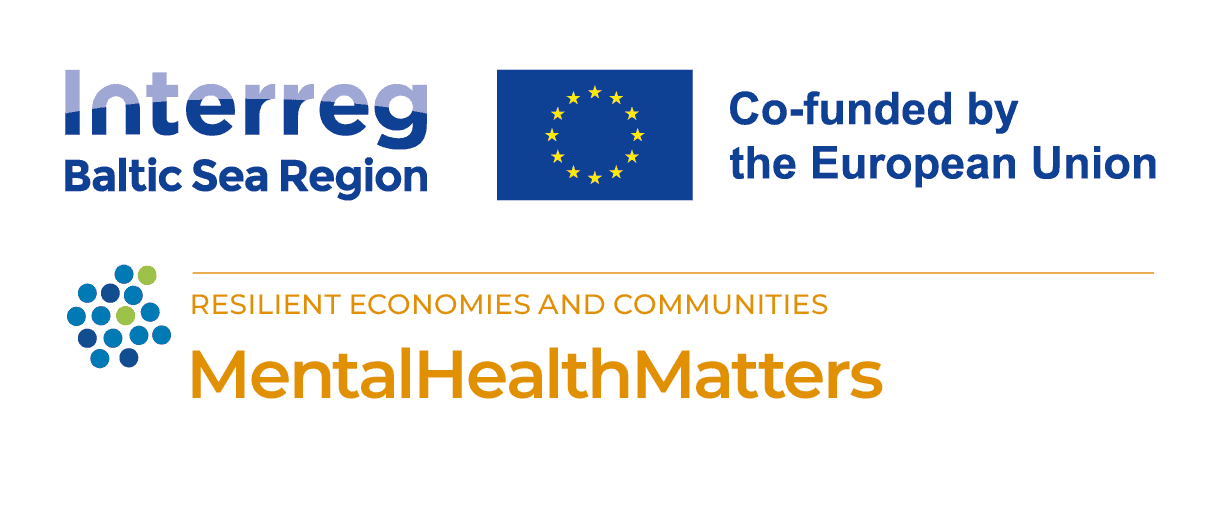
Mental health at work high on the political agenda
26 January 2024
As the Council President for the first half of 2024, Belgium has put the European Pillar of Social Rights high on the political agenda for issues to be addressed and prioritised by the EU during their mandate. At the end of January 2024, the Presidency will hold a conference on mental health and work, which brings together experts and decision-makers to address all challenges that are related to the deterioration of mental health in European workplaces. The conference will highlight issues that drive forward reform, including a strong legislative framework at the European level, better anticipation of future crises, and the importance of social dialogue.
The topic of mental health at work has also been prioritised in the Nordic-Baltic collaboration. During the 16th Partnership Annual Conference of the Northern Dimension Partnership in Public Health and Social Well-being held on 17 January 2024, the Health Ministers from Estonia, Finland, Latvia, Lithuania, and Sweden, the State Secretary of Health and Care Services from Norway, and WHO Regional Director for Europe Dr. Hans Kluge lifted mental health as one of the topics to be prioritized in the regional collaboration.
The high-level participants acknowledged mental health at work as an area where transnational collaboration is in demand. MentalHealthMatters project was lifted as an example of a timely and needed initiative in the Baltic Sea Region. Sharing many similar public health concerns, including increasing concerns over the mental health of the workforce, but being different in terms of policy and practice, the Nordic-Baltic collaboration brings value through sharing knowledge and learning from each other.
With enthusiasm, we continue working on MentalHealthMatters during these exciting times when mental health at work is high on the political agenda. For the coming six months, the project partners will explore education on psychosocial risks, identify good practices and discuss their transferability across the borders.





